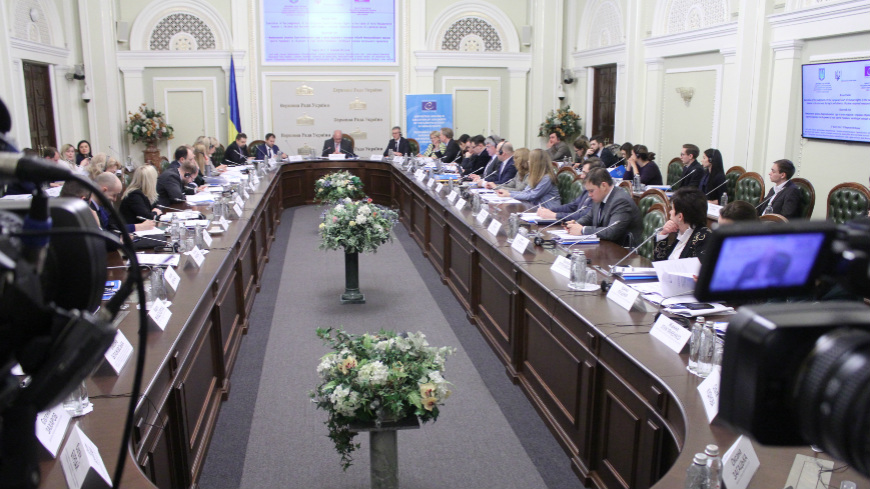Over the last four years Ukraine has taken forward wide-ranging judicial reforms and the court system and the judicial institutions have been transformed towards a European model that meets the standards of the Council of Europe. The steps taken were necessary and the progress achieved is impressive.
However, a comprehensive judicial reform process, such as the one undertaken here, cannot be considered complete as long as the problem of non-enforcement or delayed enforcement of national judicial decisions, and the lack of remedies in such cases, is not solved.
The Committee of Ministers of the Council of Europe has been examining the steps taken by Ukraine to address the issue of non-enforcement or late enforcement of national judgments against state or state-owned entities since 2004. The pilot-judgment procedure - recognising that Ukraine had a systemic problem in this area - was launched with the 2009 Ivanov v. Ukraine judgment. In that case, the Court identified a series of shortcomings in the Ukrainian judicial system that block the enforcement of final decisions by Ukrainian courts. With the Burmych judgment in October 2017, more than 12,000 applications were sent back from Strasbourg in order to be dealt with by the Ukrainian authorities under the Committee of Ministers’ supervision.
A Round table held at the Verkhovna Rada on 27 March 2018, with the participation of the Minister of Justice, representatives of the Verkhovna Rada and other authorities as well as Council of Europe experts and officials, was a welcome opportunity to look at the above issues. Christos Giakoumopoulos, DG of Human Rights and Rule of Law, stressed that non-enforcement of national judicial decisions represents a threat to the rule of law, undermines public trust in the judiciary and puts into question the credibility of the state. It also discourages potential foreign investors and may affect negatively the confidence of the international financial institutions. A situation like this leaves a gaping hole in the human rights protection in Ukraine. "This unprecedented situation needs to be addressed now through a holistic, multi-disciplinary and coordinated action by the Government and the Verkhovna Rada. The Council of Europe can support the work under way in Ukraine in this field, in particular the work of the Ministry of Justice through the inter-agency coordination group, and the work of the Verkhovna Rada and its Sub-committee on the Execution of Judgments of the European Court of Human Rights. It is high time to move forward on this crucial issue without delay", he concluded.





